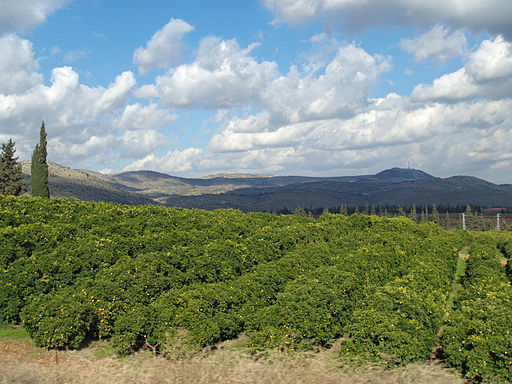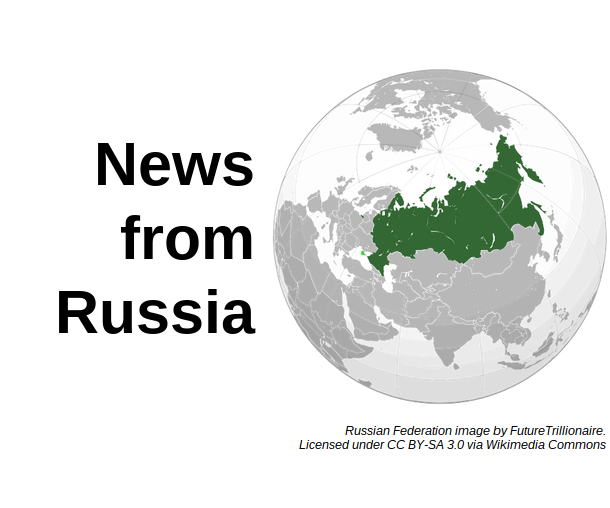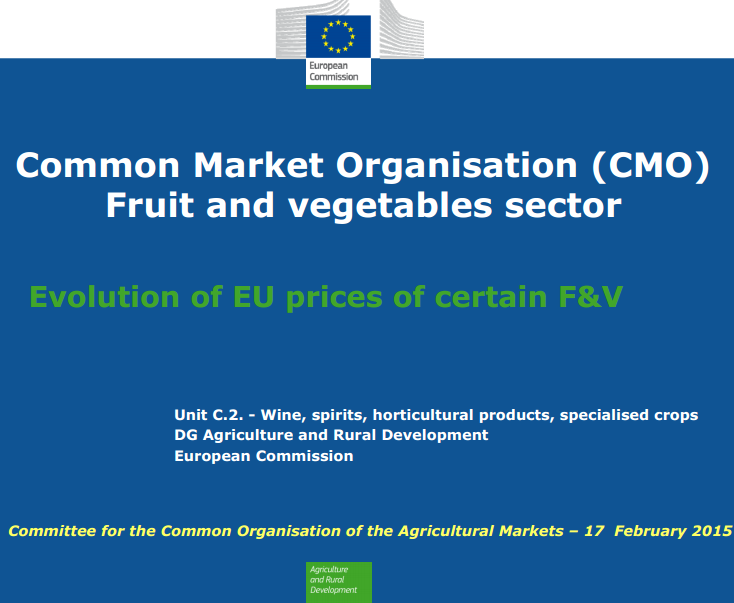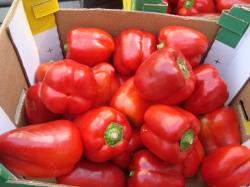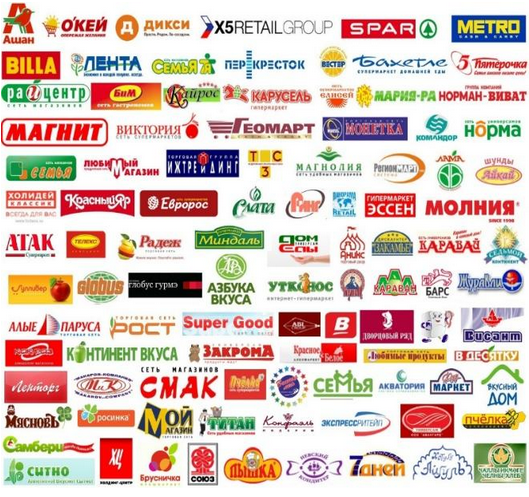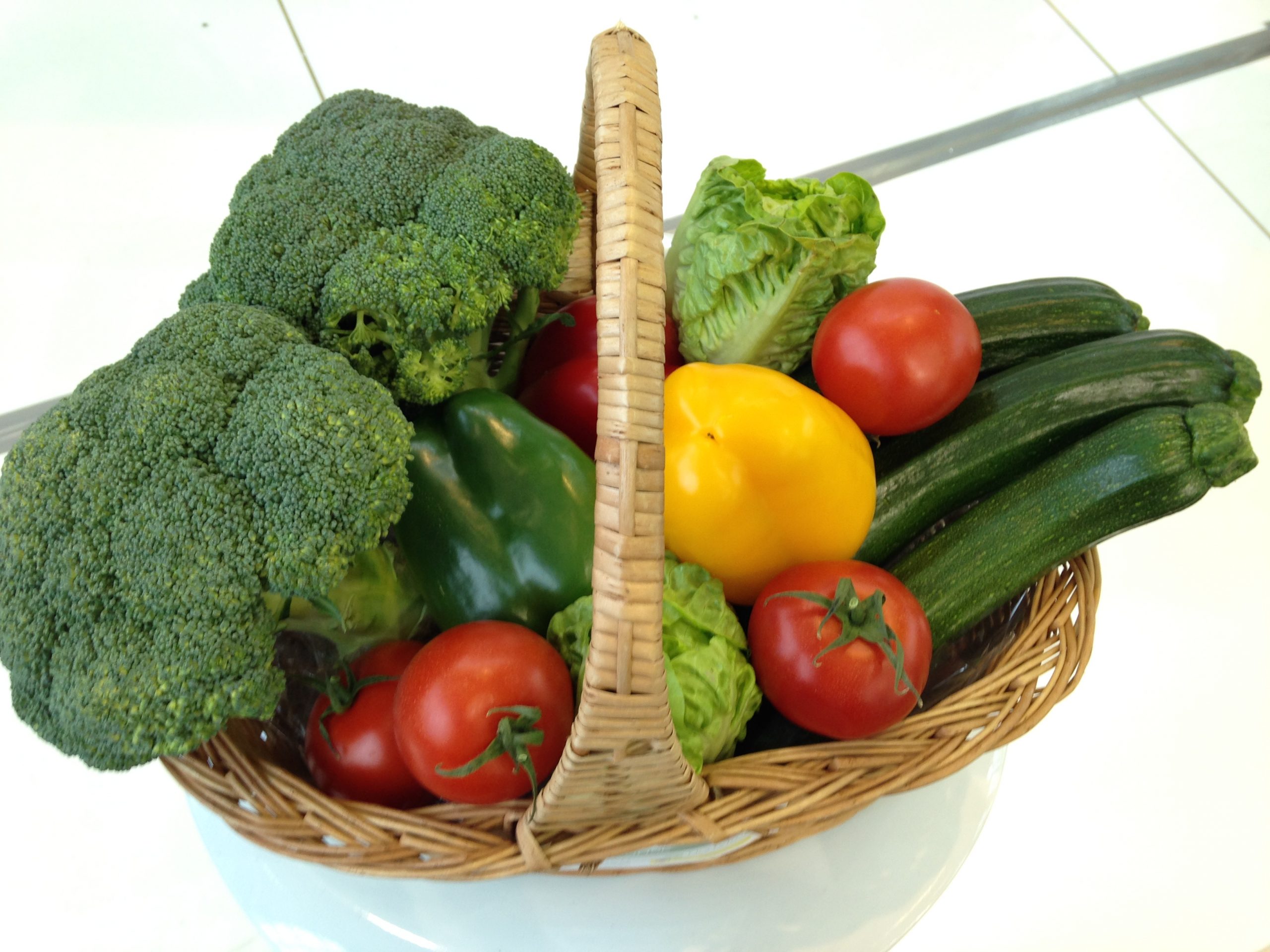
Fruit and vegetables prices in Russia were up 43% in February 2015 compared to the same month last year, a new report by the US Department of Agriculture says.
Titled ‘Vegetable Prices Keep Rising’, the report on the Russian Federation blames the import restriction, in combination with a depreciating ruble, for the soaring prices.
It also says many Russian consumers are buying less vegetables or switching to cheaper ones as their purchase power drops along with Russia’s weakening economy.
Russia’s retail sector is highly dependent on imported vegetables – particularly during the off-season. In 2014, Russia imported 2.4 million tons of fruits and vegetables making it the third largest importer globally.
The report also says that the most popular vegetables for Russian consumers are cabbage (21% of total vegetables volume), tomatoes (20%), onion (13%), carrot (11%), cucumbers (10%), beets (6%), pumpkin (4%), and squash (3%).
In 2014, Russia produced 15 million metric tons (MMT) of fresh vegetables which covered around 86% of total domestic consumption needs. The vast majority of all vegetables in Russia (70%) are grown by households and do not enter modern retail channels.
The main vegetables produced in Russia, besides potatoes, are cabbage (3.4 MMT), tomatoes (2.2 MMT), onions (1.9 MMT), carrots (1.6 MMT), cucumbers (1.1 MMT), pumpkins (708,000 MT), squash (508,000 MT), and garlic (248,000 MT).
USDA Gain report “Russia: Vegetable Prices Keep Rising“
Click here to read more news about the Russian market.

